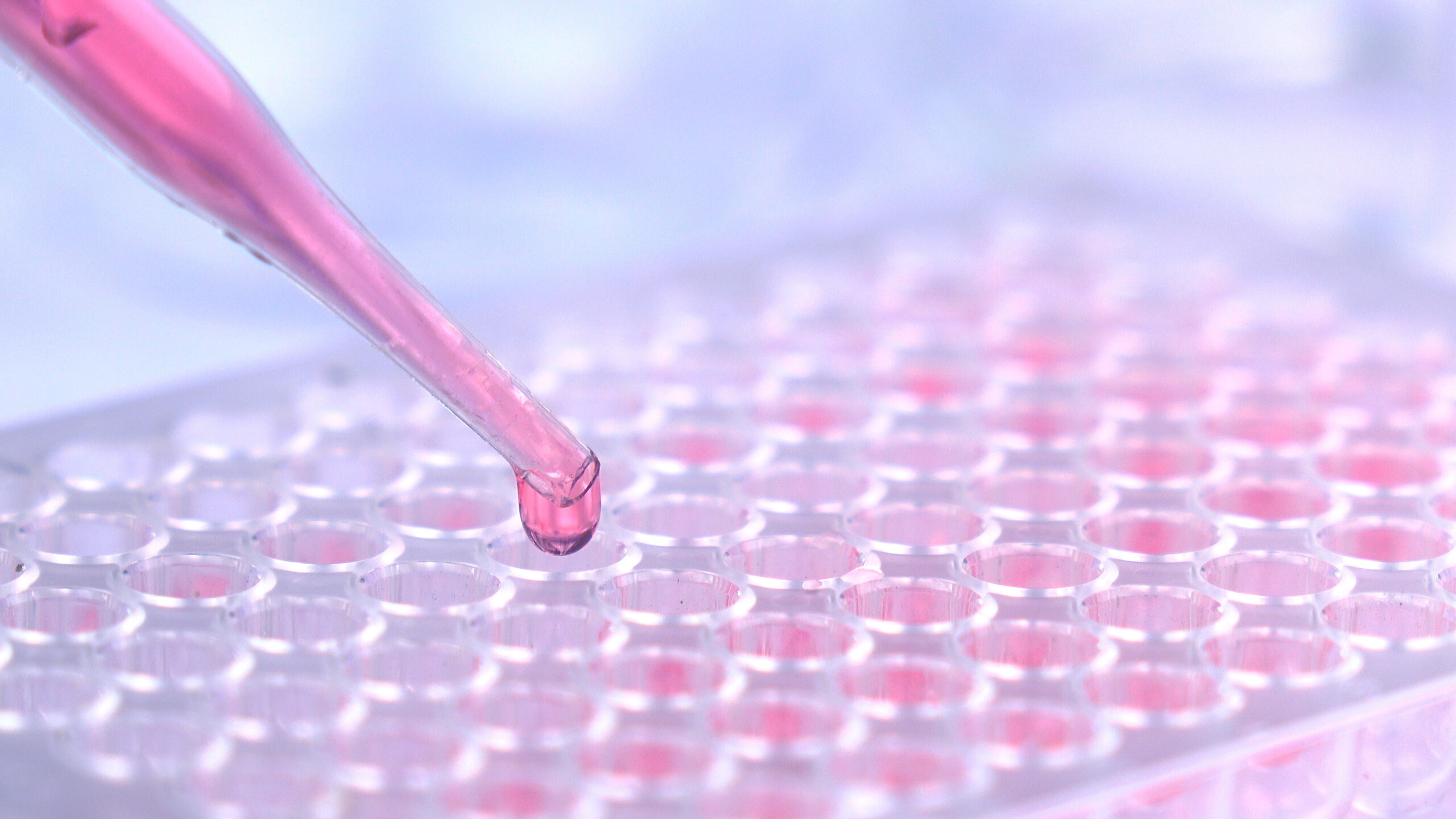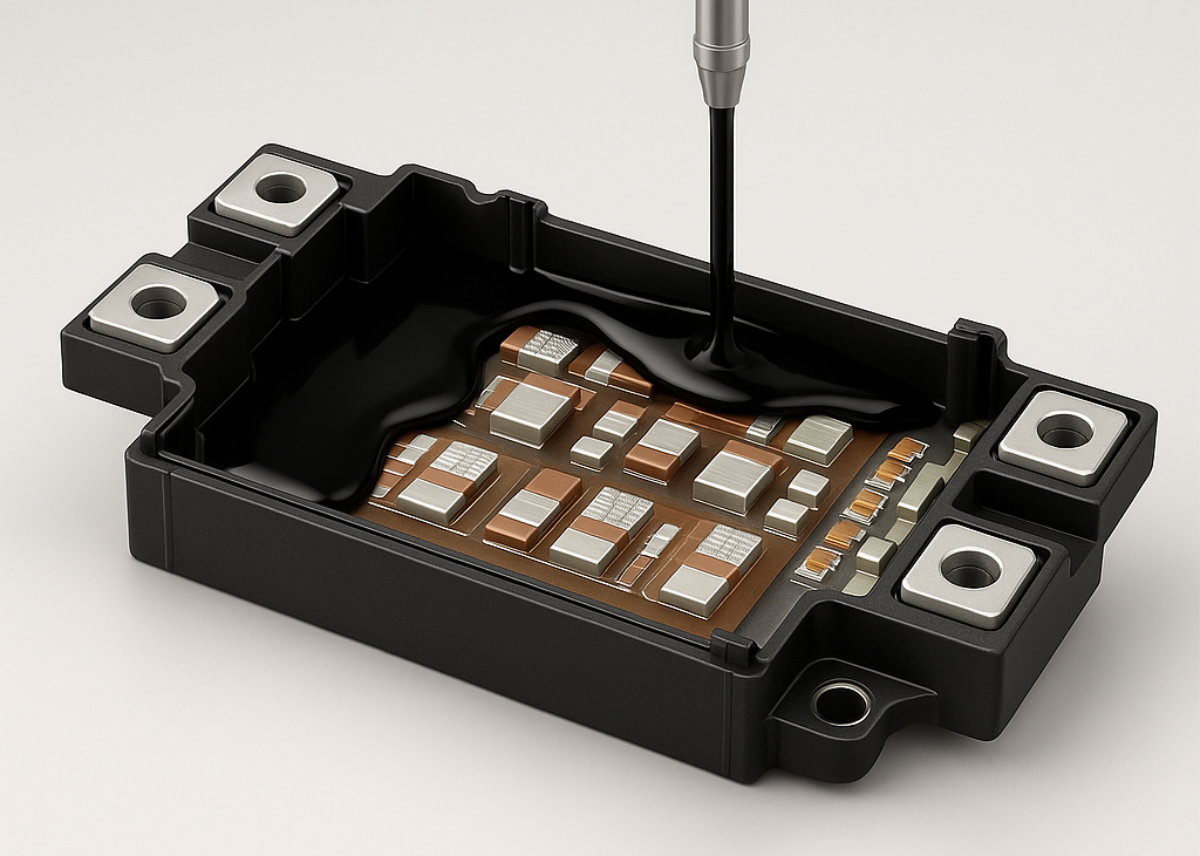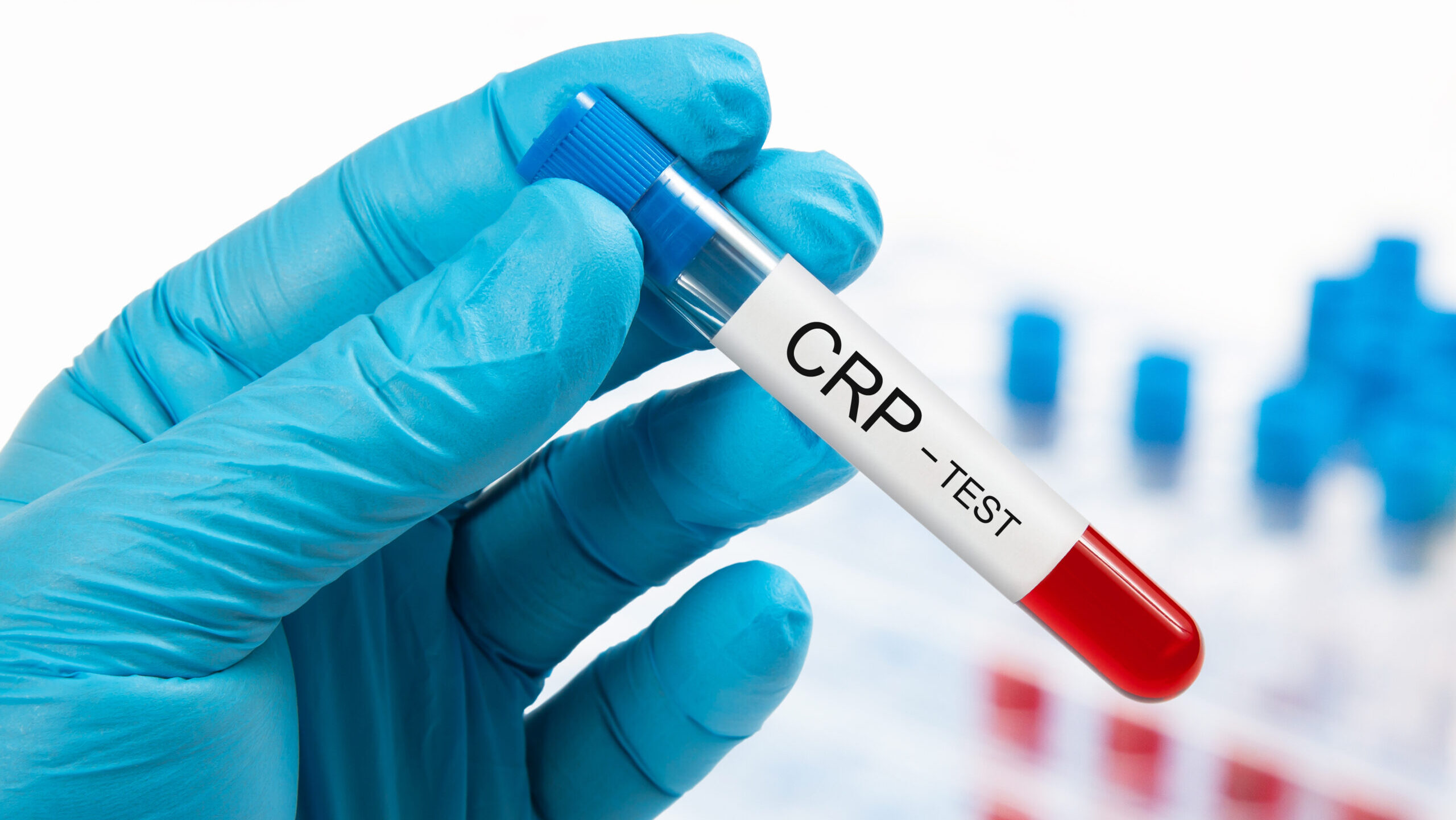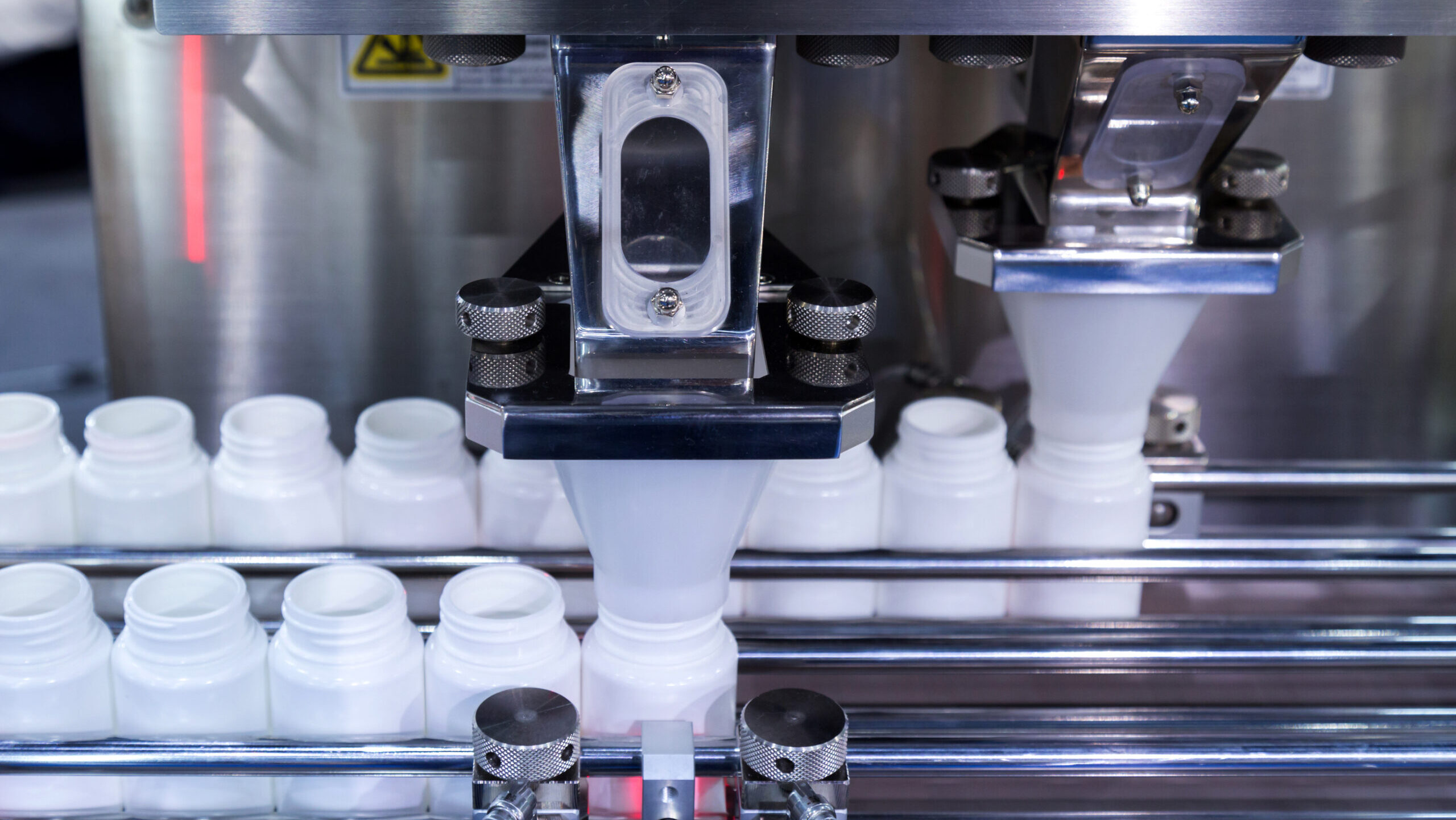Human Adiponectin Latex Immunoturbidimetry Assay
Reliable adiponectin quantification for metabolic and cardiovascular research.
Enables early identification of metabolic syndrome risk using latex immunoturbidimetry.
Latex-Enhanced Immunoassay for Human Adiponectin Detection
The Adiponectin Latex Kit is designed for the quantitative measurement of human adiponectin in serum and plasma samples. Adiponectin is a bioactive protein secreted by adipocytes and plays a critical role in glucose regulation, lipid metabolism, and insulin sensitivity. Reduced adiponectin levels are associated with metabolic syndrome, type 2 diabetes, and cardiovascular disease, making it a valuable biomarker for early disease risk assessment.
This kit employs a latex turbidimetric immunoassay principle, where adiponectin in the sample reacts with rabbit anti-human adiponectin antibodies conjugated to latex particles. The degree of agglutination, measured spectrophotometrically, correlates with adiponectin concentration. It is optimized for general-purpose clinical chemistry analyzers, ensuring high precision, reproducibility, and minimal interference.
NAGASE supplies the Human Adiponectin Latex Kit for research and clinical diagnostic applications, supported by technical expertise and dependable international logistics.
Applications
The Adiponectin Latex Kit is widely used for monitoring metabolic and cardiovascular health through quantitative adiponectin analysis.
- Assessment of metabolic syndrome and obesity-related disorders
- Early detection of cardiovascular disease risk
- Clinical studies on insulin resistance and type 2 diabetes
- Biomarker research for lipid metabolism and inflammation
- Integration into automated clinical analyzers for routine diagnostics
Features
The kit offers high sensitivity, minimal interference, and compatibility with standard clinical analyzers for accurate adiponectin measurement.
- Latex-enhanced immunoturbidimetric assay – Ensures precise adiponectin quantification
- Applicable to clinical analyzers – Easy integration into routine laboratory workflow
- Wide measuring range – 0.5–25 µg/mL with reliable linearity
- Stable performance – Minimal influence from interfering substances
- Long shelf life – 24 months at 2–10 °C
Assay Specification
| Characteristic | Details |
|---|---|
| Summary | A bioactive substance derived from adipocytes. It is reported to be decreased by visceral fat accumulation and involved in metabolic syndrome. |
| High levels | Little clinical significance |
| Low levels | Metabolic syndrome, diabetes, coronary artery disease, etc. |
| Sample | Serum, plasma |
| Principle | Latex-enhanced immunoturbidimetry |
| Parameter (Hitachi 7180) | R1 67 μL, R2 67 μL, SV 1.5 μL Wavelength Main 570 nm / Sub 800 nm |
| Measuring range | 0.5–25 μg/mL |
| Prozone effect | Up to 100 μg/mL |
| Shelf life | 2–10 °C, 24 months |
This assay has good correlation with ELISA Assays.
Frequently Asked Questions about Human Adiponectin Latex Immunoturbidimetry Assay
What is the Human Adiponectin Latex Kit used for?
The kit is used to measure human adiponectin levels in serum or plasma to assess metabolic and cardiovascular health risks.
Why is adiponectin an important biomarker?
Adiponectin regulates glucose and lipid metabolism, and low levels are linked to metabolic syndrome, diabetes, and cardiovascular disease.
How does the latex turbidimetric immunoassay work?
Adiponectin in the sample reacts with latex-conjugated antibodies, forming aggregates. The change in absorbance correlates with adiponectin concentration.
What are the assay’s advantages?
It offers high accuracy, a broad measuring range, and minimal interference, making it suitable for automated clinical analyzers.
Can the kit be used for research and diagnostics?
Yes, the Adiponectin Latex Kit is suitable for both clinical diagnostic applications and metabolic research studies.











